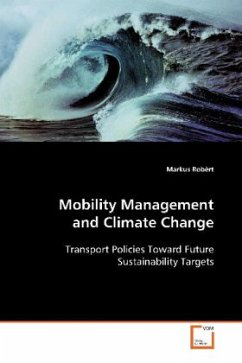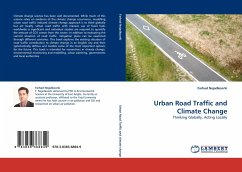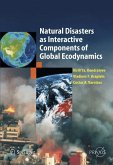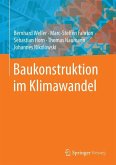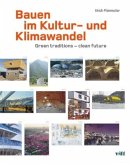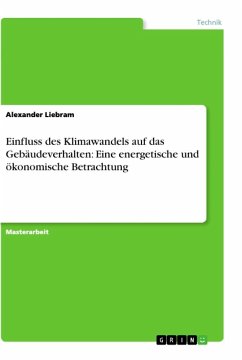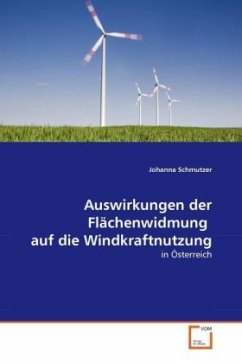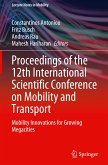Globally, the transport system faces a paradigmatic shift where, in addition to increased local traffic problems, climate change and depletion of fossil oil reserves will foster a successive transition to renewable fuels and a need for more resource-efficient mobility management and communication alternatives. Foresighted countries, cities or companies taking the lead in adapting to these tougher conditions might well not only solve those problems, but also turn the problems into business advantages. This thesis is based on six studies that attempt to develop future strategies based on rigorous principled emission and energy efficiency targets and to modulate the impact of travel policies, technical components and behaviours in economically advantageous ways. The modelling frameworks developed throughout the thesis build on a target-orientated approach called backcasting.

